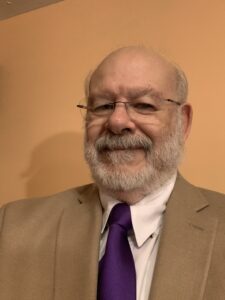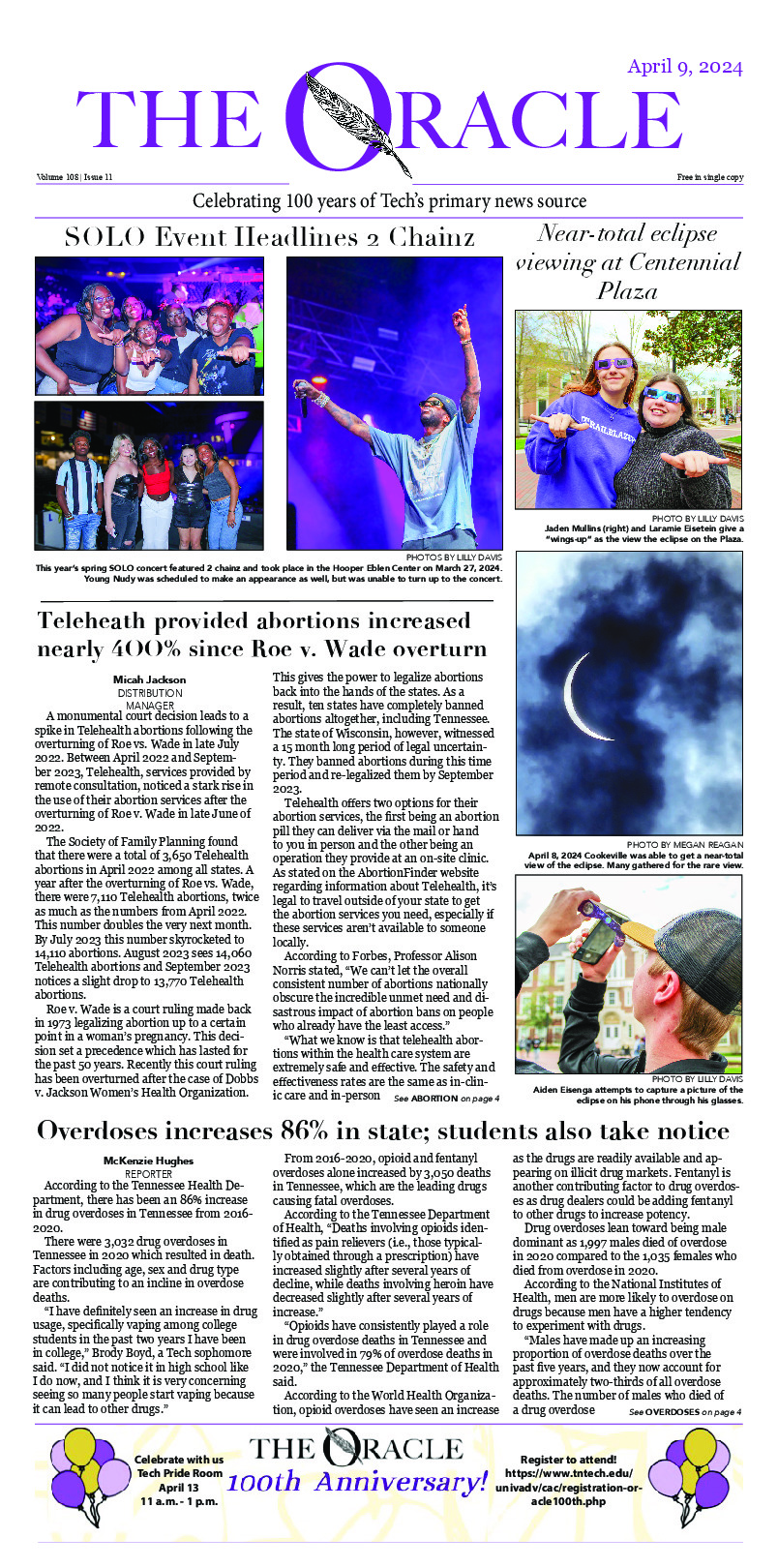National Hispanic Heritage Month is celebrated from September 15 to October 15 in the United States for recognizing the contributions and influence of Hispanic Americans to the history, culture and achievements of the United States.
The observation started as Hispanic Heritage Week under President Lyndon Johnson in 1968, and was expanded by President Ronald Regan in 1988 to cover a 30-day period. It was enacted into law on August 17, 1988, on the approval of Public Law 100-402.
Dr. Pedro Arce, and Jose Coronilla offer their insight on what Hispanic Heritage month means to them as Hispanic individuals. Dr. Arce is a chemical engineering professor originally from Argentina, and Coronilla a senior engineering student at Tennessee Tech University originally from Mexico.
Dr. Arce indicated he is from a rural community in Argentina’s state of “Entre Rios,” which is similar to places surrounding Cookeville, such as: Celina, Jackson and C
“In order to become a professor of engineering at a Technological University like ours, a very focused discipline and the help of many individuals is critically needed. I am proud of having been able to accomplish this level of professional development, and [am] grateful for the help of those wonderful people I found in the journey,” Dr. Arce said.

Coronilla mentioned that, as a mechanical engineering student at Tech about to graduate, he feels proud to share his “Mexican culture with people such as music, dances and how we celebrate. This way people have a new experience and…broaden their perspective of Mexican culture.”
“I’m proud of how my country has a large importance in having a united family. I’m proud of how we can throw a huge celebration regardless of the circumstances. I’m proud of how chocolate was invented by my Aztec ancestors, ”Coronilla said, expressing his love for Mexico.
“Argentina, my country of origin, appreciates education in medicine, sciences and engineering among other disciplines, and has two Nobel Laureates,” stated Dr. Arce as he mentioned what he most admires about his origin country.
He spoke on significant Argentine historical events.
“The…first one is the first local government organized in 1810; the second one is the declaration of independence from Spain in 1816; and a more recent one, in 1983, the country after a long line of military government started to conduct civil elections that are still now being observed,” he stated.
September 15 is the anniversary of independence for other Latin American countries, such as: Costa Rica, El Salvador, Guatemala, Honduras and Nicaragua. In addition, Mexico and Chile celebrate their Independence Days on September 16, and September 18. Also, Columbus Day or “Día de la Raza,” which is October 12, falls within this 30-day period.
“A lot of people believe that Mexico’s Independence Day is Cinco de Mayo, but Mexico’s Independence Day is September 16, ” Coronilla clarified.

Coronilla provided recommendations of the type of music for any tourist traveling to Mexico to listen to.
“I would tell them to listen to Música Regional, which is country music in Mexico.”
Dr. Arce recommended Argentinian music.
“Argentina has a very rich variety of music covering traditions from city style such as the ‘tango and milonga,’ and more country-style music, typically known as ‘folklore’ including chamarritas, chamames, zambas, chacareras and many others. All of them are wonderful and very energetic prices that anyone will enjoy listening to,” Dr. Arce added.
Dr. Arce concluded with a type of food that any tourist should try when traveling to Argentina.
“In general Argentina is famous for its steak, particularly the ‘asado,’ a special kind of barbecue that is a must when visiting Argentina.” Dr. Arce concluded.


